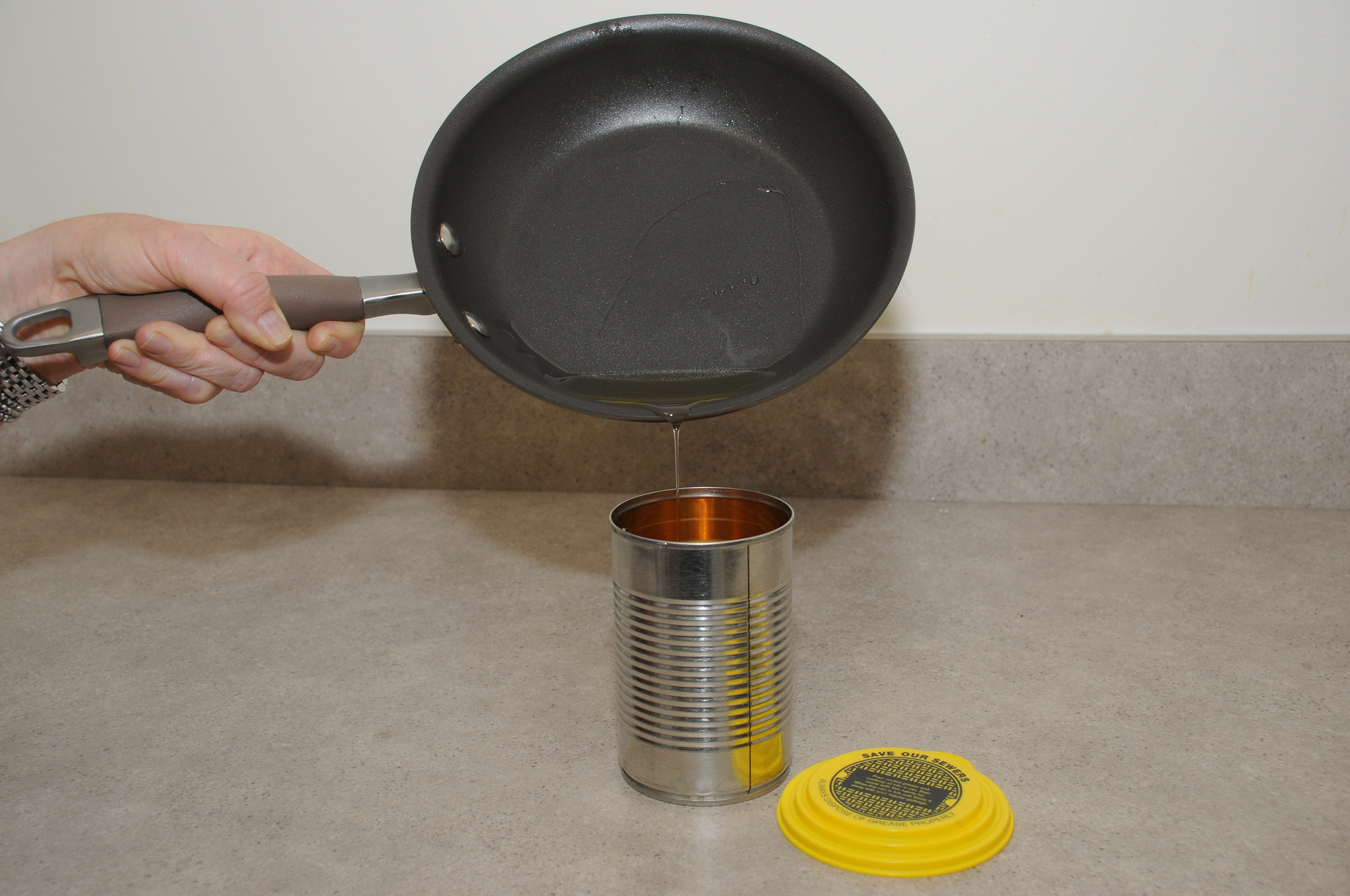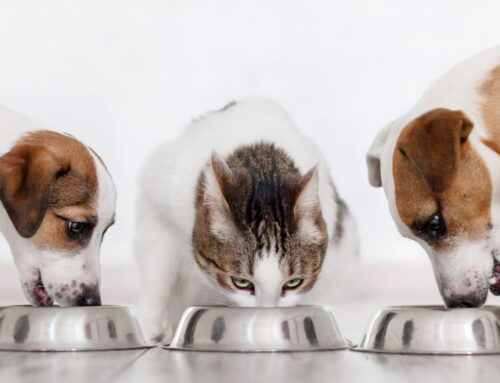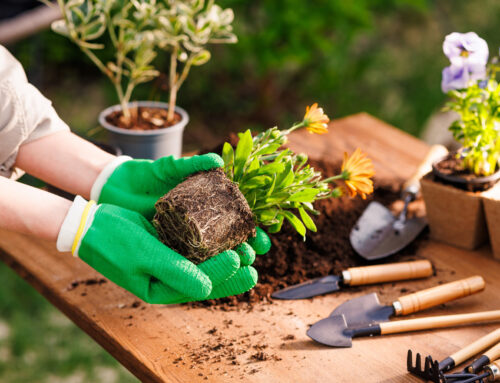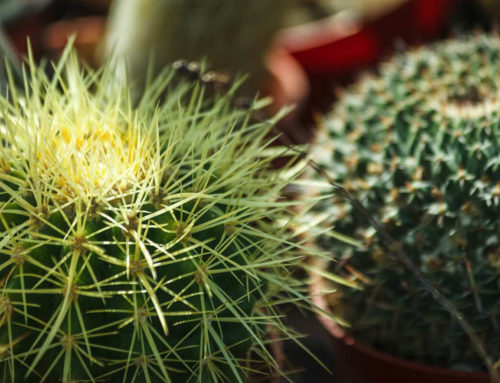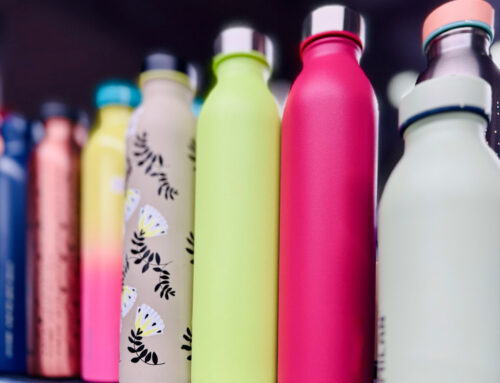Here are five ways to help keep your community’s sewer systems clear and active.
- Scrape hardened cooking grease and oils into the trash can for proper disposal. Accumulated grease in pipes can cause sewer overflows, backups and expensive damage to wastewater facilities.
- Throw “flushable” wipes, cotton pads and swabs, facial tissues, or other personal hygiene items in the trash. Do not flush these items down the toilet. Accumulated personal hygiene products can cause sewer overflows, backups and expensive damage to wastewater facilities.
- Toss eggshells, coffee grounds, any non-organic materials in the trash. Do not put these items down the garbage disposal or the sink drain.
- Keep medicines out of the water system. Dispose of unused prescription and over-the-counter medications at a community household hazardous waste collection site. Alternatively, throw them in the trash mixed with coffee grounds, kitty litter or in a sealed container.
- Dispose of hazardous waste properly. Hazardous waste includes items such as household chemicals, cleaning paint, cement, stucco, or pool grout. Do no flush these items or rinse them down any water drain.
Remember that everything customers flush down their toilets and rinse down drains travels to a wastewater treatment plant and in some cases, is recycled and sent to golf courses for irrigation use. Limiting what you put down the drain is the easiest way to help keep the sewer system clean and active.
Bus-sized fatberg clogs London sewer system:
https://www.youtube.com/watch?v=MixOD_mdpew
Image: via Flickr
